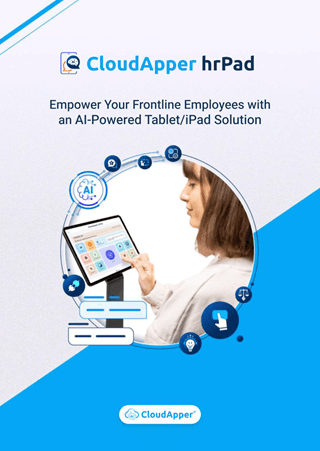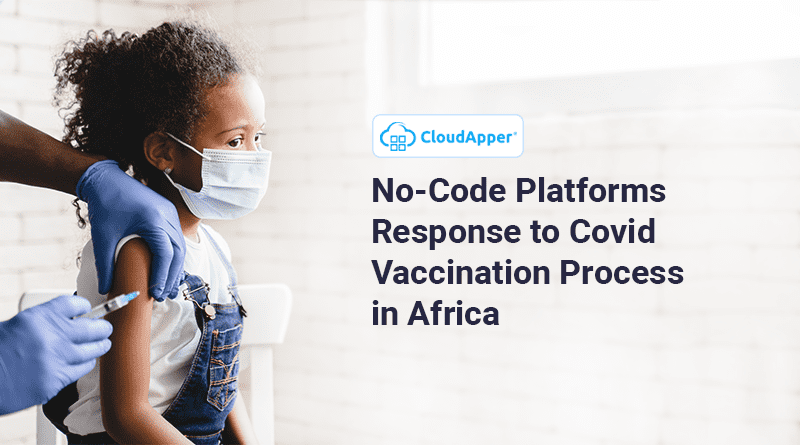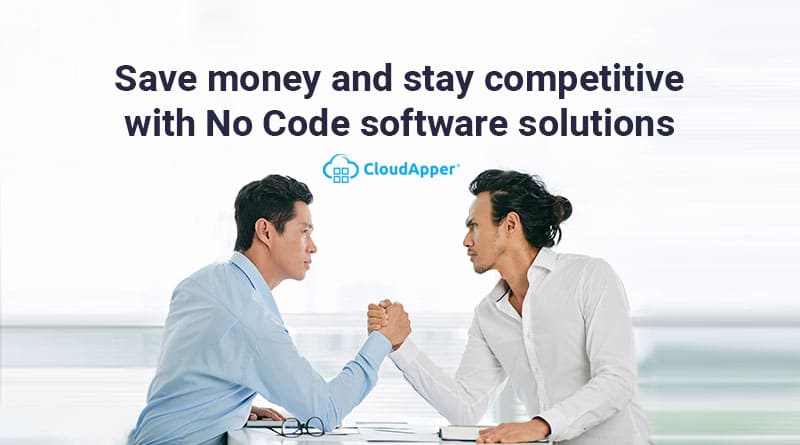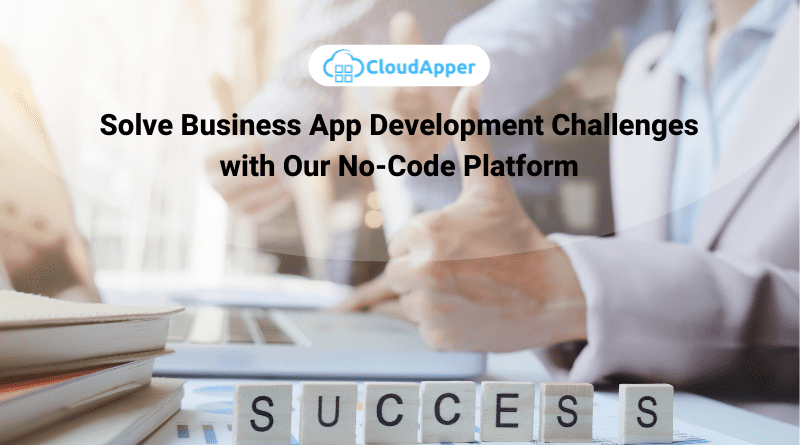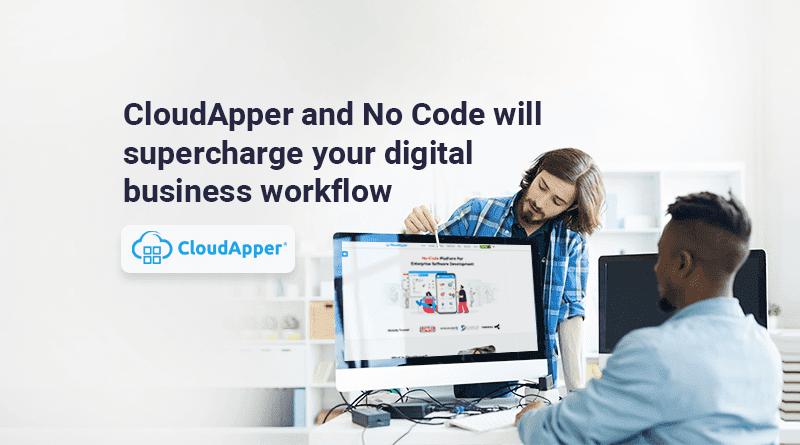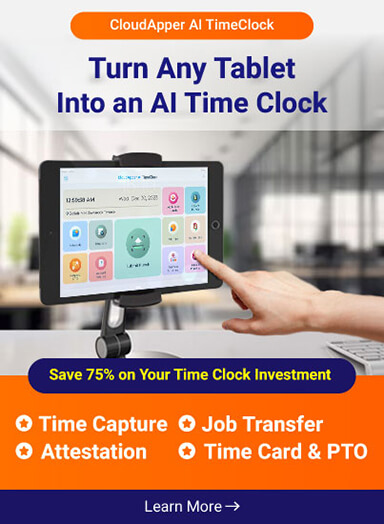Information and data accessibility is crucial assets in the modern workplace. After all, without the correct information, companies cannot work at maximum efficiency. Yet, as important as information is, it is securely stored away in files or data storage systems and is not easily accessible to many employees. If an employee does have access to the information, in a paper-based or digital format, it may be difficult to update or change. This is not beneficial to the company and is a disservice to employees who could act on the information.
The information helps employees make better decisions. When employees are provided with accurate and reliable information, they can address a problem with more context and make better decisions. Having inaccurate data can exacerbate a problem or result in the employee making the wrong decision altogether, and a wrong decision can affect the entire company and its stakeholders.
Another benefit of accessible information is that it promotes trust. When you have employees that require information under pressure, they are often left with no choice but to accept information received via word of mouth. If this information is incorrect, it can cause friction. There are also cases where employees may be unwilling to share information. It is unfortunate, but this does occur in the workplace. By providing all employees with equal access to information, companies can encourage employees to share information as it can easily be verified.
Building on the trustworthy environment created through accessibility and sharing of information, data accessibility also enables employees to collaborate more effectively. Friction between departments is never good for any company. Synergy is crucial for success. By improving the accessibility of information between departments, they can have a common understanding and collaborate more effectively.
With a deeper understanding of how important information is and the benefits it can provide, ensuring a strategy is in place to manage the information is vital. The concept of knowledge management is a good foundation for data accessibility strategies.
Knowledge management is a concept where companies provide employees with the ability to access, upload, and edit information. But how do companies encourage knowledge management, and what are the strategies implemented to ensure it works?
They do this by implementing a strategy that enables employees to share information.
One of the most commonly implemented strategies used within small and medium enterprises is the sharing of documentation. Large files filled with documentation are stored in cabinets and open to employees to access and review. The problem with this method is that it is wasteful and inefficient. There have been some advancements made within this system. Certain businesses share digital files over document management drives. While digital systems certainly are more efficient, there are alternative, cloud-based mobile applications that are even more so.
What are cloud-based mobile applications?
It is not a stretch to say that many employees are familiar with mobile applications. After all, anybody with a smartphone has multiple applications on their device. But how does this assist in ensuring knowledge management? Whether your employees are external field sales agents or maintenance employees in and around your business facility tending to assets, the chances of your employee having a smartphone in their possession is highly likely. By leveraging the benefits of your smartphone and implementing cloud-based mobile applications, your company can ensure efficient knowledge management.
We will expand on this answer by unpacking how cloud-based mobile applications, such as CloudApper, can increase the efficiency of knowledge management. CloudApper does not require any special hardware or a complex installation process. The system can easily be installed on an employee’s smartphone. By installing CloudApper’s Facilities, a computer-aided facility management system, on an employees’ smartphone, they will be able to access facility maintenance information at any time. The application will also allow employees to upload information and media such as pictures and videos. The ability to access, edit, or upload information through the platform on their mobile device will increase knowledge management within your company.
Conclusion
Managing the information shared in your company should not be a complex process. By leveraging mobile devices owned by many employees, companies can ensure that information is always accessible with CloudApper.


